Altruism and optimality from a differentiable viewpoint
How can altruism be modelled in a general equilibrium theory? The interrelated preference approach and the interdependent utility approach are two possible answers. The latter is adopted from a differentiable point of view. We show that under mild hypotheses the contract set shrinks, as altruism increases, whereas the core widens. We focus in particular on a two-agent economy and linear altruism, but most results also hold in a nonlinear multi-agent economy.






